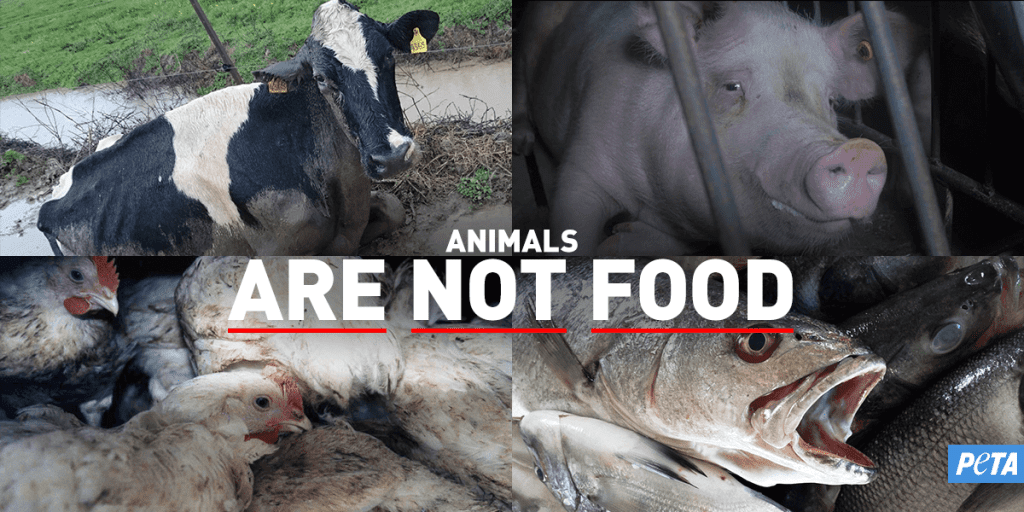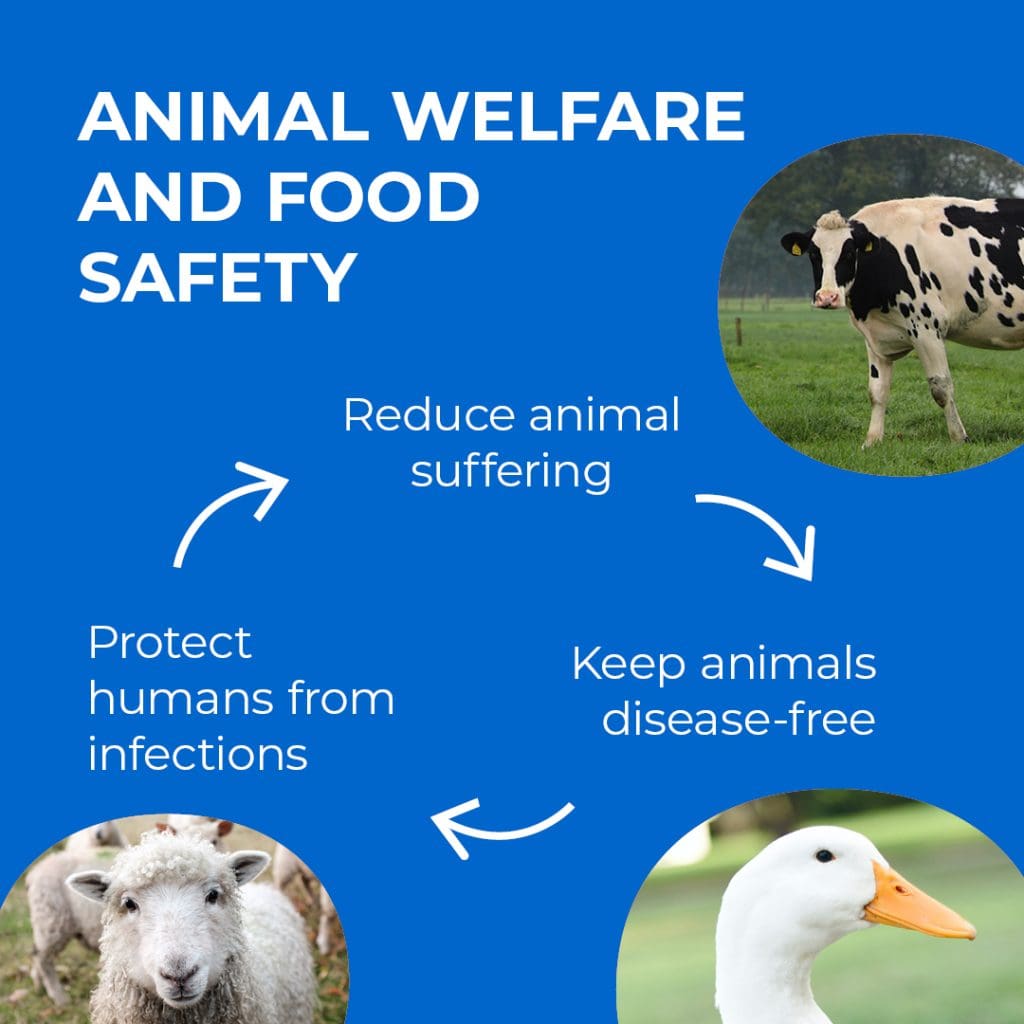Animals play a crucial role in our food production system, but unfortunately, the treatment of these animals is often overlooked. Behind the scenes of many factory farms and slaughterhouses lies a dark reality of animal cruelty. Not only does this mistreatment have ethical and moral implications, but it also poses significant risks to food safety.
Animal Cruelty in Food Production
When we think about animal cruelty, images of neglect, abuse, and suffering come to mind. Unfortunately, this is a harsh reality for many animals in the food production industry. From overcrowded living conditions to physical abuse during handling and transportation, the treatment of animals in factory farms and slaughterhouses can be appalling.

Animals raised for meat, dairy, and eggs are often subjected to cruel practices such as confinement in small cages or pens, routine mutilations without anesthesia, and inhumane slaughter methods. These practices not only cause immense suffering to the animals but also have implications for the quality of the products that end up on our plates.
Health Risks Associated with Animal Cruelty
The link between animal cruelty and food safety is not just a moral issue – it also has real health implications for consumers. Animals that are subjected to stress, fear, and suffering are more likely to be carrying pathogens that can lead to foodborne illnesses.
Additionally, the poor living conditions and stress endured by animals can impact the quality of meat and dairy products. Stress hormones released by animals in response to mistreatment can affect the taste and texture of the meat, as well as the nutritional content of dairy products.
Ethical and Moral Considerations
As consumers, we have a moral obligation to consider the welfare of the animals that provide us with food. Supporting industries that engage in animal cruelty not only perpetuates suffering but also contributes to a cycle of unhealthy and unsafe food production.
Choosing to purchase products from companies that prioritize animal welfare sends a powerful message to the food industry that ethical practices are important to consumers. By making informed choices and supporting ethically sourced products, we can drive positive change in the treatment of animals in food production.
















































